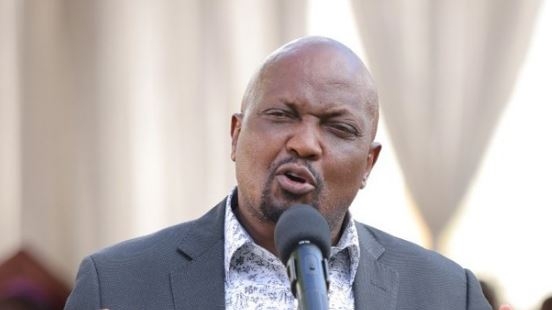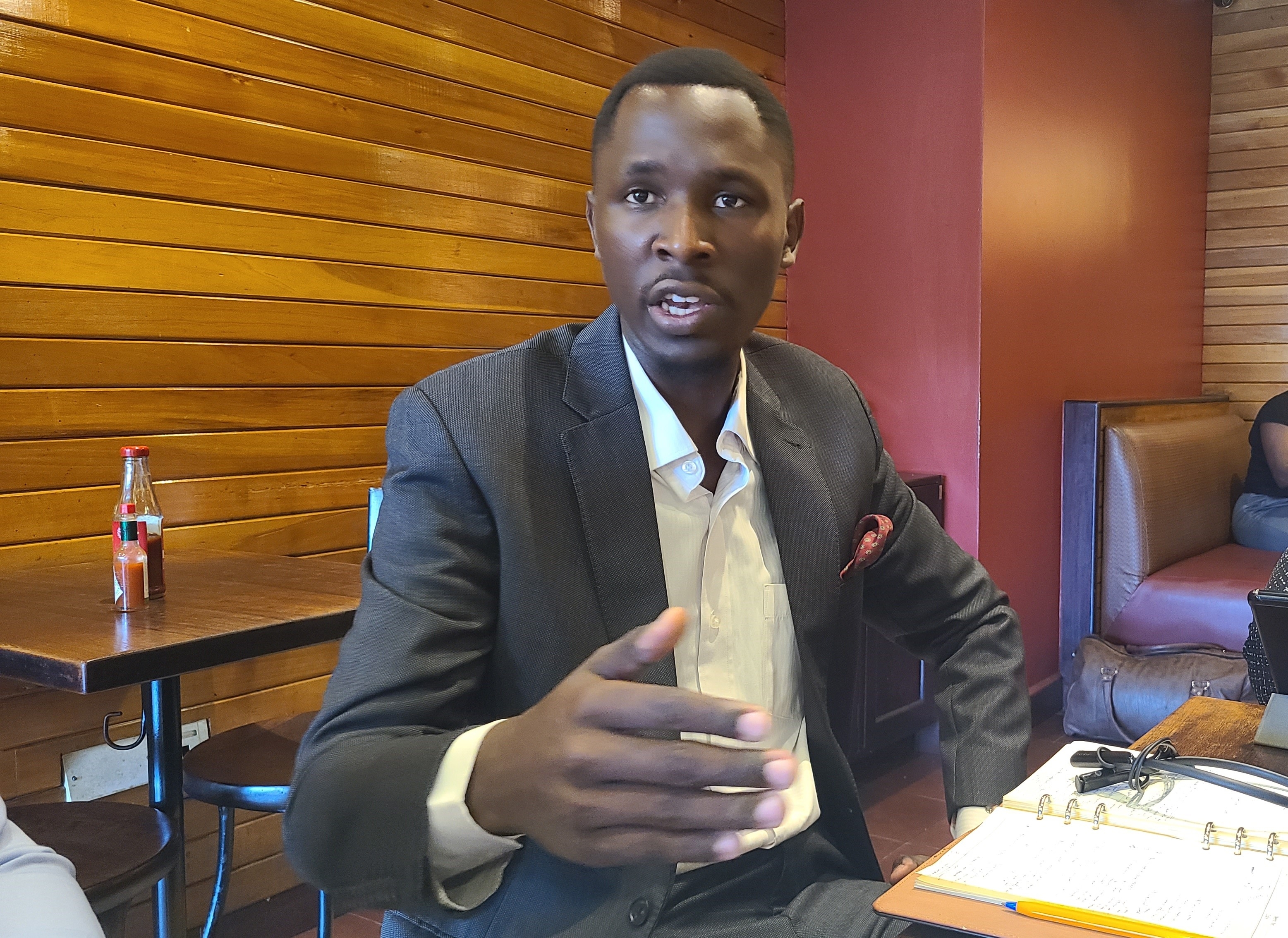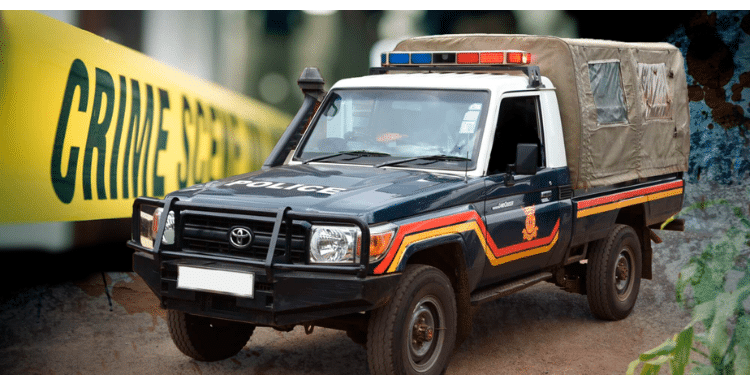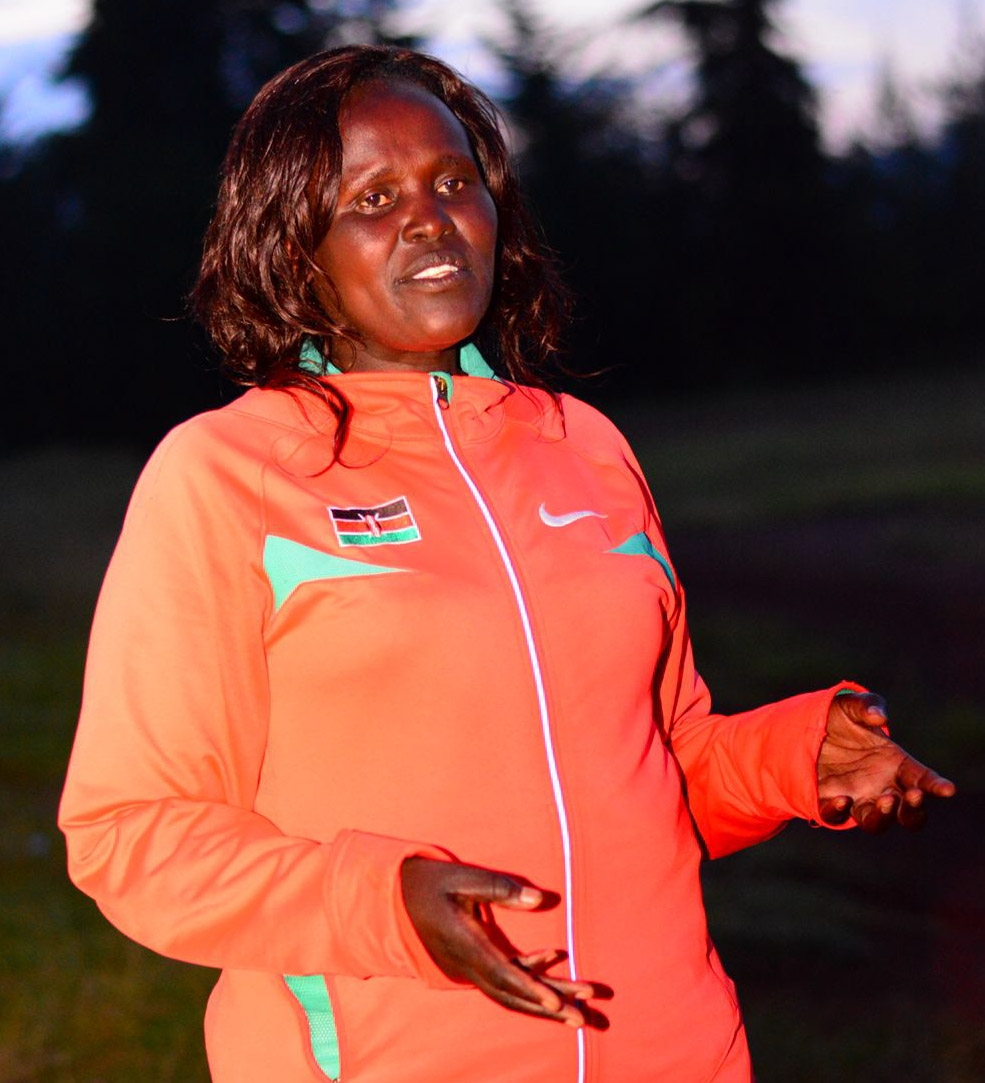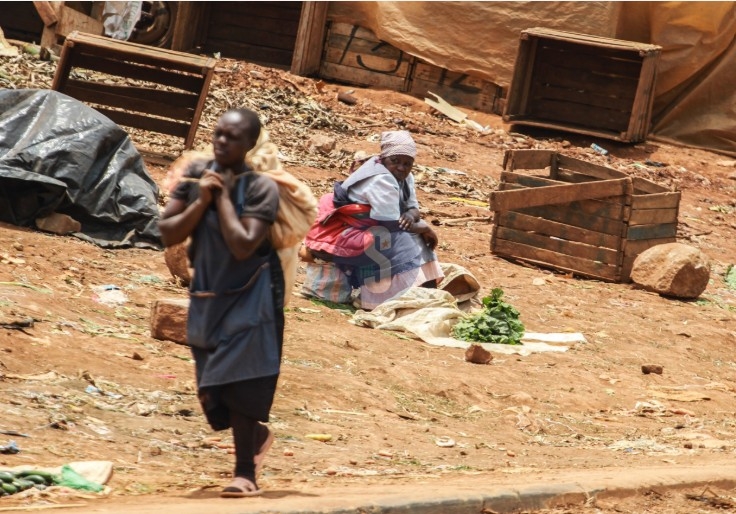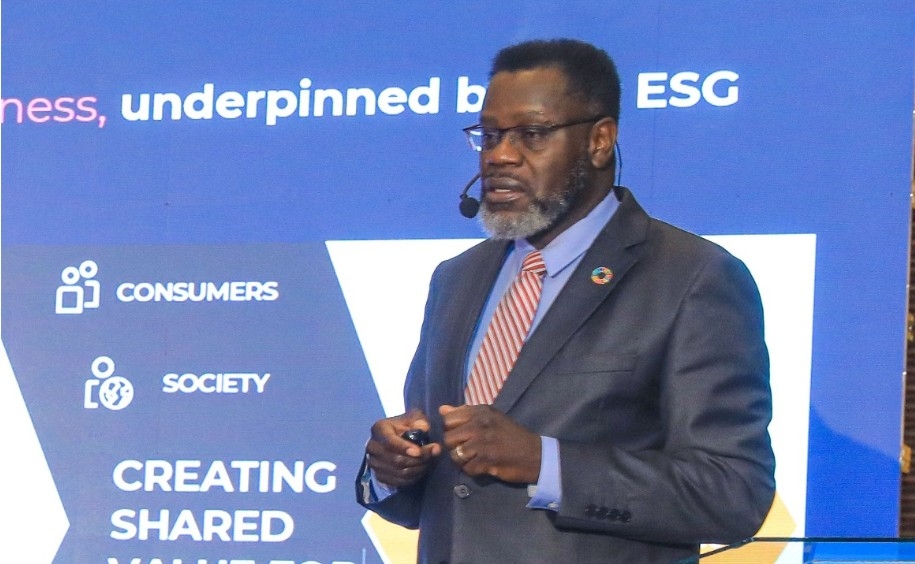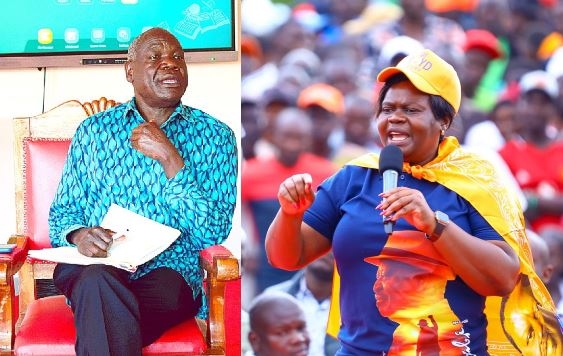The night in Rongai was breathing heavily. It was thick with dust, smoke and unspoken fear.
Far in the distance, a matatu rattled down Magadi Road, its music fading into the dark. The moon, pale and wounded, hung low over rows of mabati rooftops. Dogs barked.
Somewhere, a baby cried. Nairobi, restless as always, held her breath.
Ben and Milka walked hand in hand through the narrow lane that led home, their laughter soft, their hearts light after a family gathering.
The world seemed calm, forgiving — until three shadows stepped out from the darkness.
Kanyari. Robo. Kafyatu.
Names whispered in fear through every corner of Rongai. Faces that haunted dreams. Predators wrapped in human skin.
“Ben! Hahaha! Look who we have here!” Kanyari sneered, his breath sharp with alcohol.
Before Ben could react, Robo shoved him against the wall, pinning his arms. Kafyatu grabbed Milka by the wrist. Her scream cut through the night, but no door opened. Windows shifted, then shut. Silence swallowed her voice.
Ben struggled, cursing, twisting, helpless. The men laughed — low, cruel laughter that tore through him. And when they were done, when their shadows disappeared into the night, Ben sank to his knees beside his trembling wife.
That night, he did not sleep. He sat by the window, eyes burning, the stars above mocking him with their cold indifference. Something inside him broke.
The next morning, at a small café near Lang’ata Road, he met his childhood friends, Melvin and Jordan. Three men bound by brotherhood, now bound by rage.
“The police won’t help us,” Ben said. “They drink with these men.”
Jordan’s jaw tightened. “Then we become our own police.”
Melvin nodded slowly. “It’s time we stopped being victims.”
And so began the transformation.
Every dawn found them at Fitfinity Gym in Westlands, Nairobi’s temple of pain. The clang of dumbbells became their prayer, the thud of fists against punching bags their rhythm. Sweat became redemption.
Ben took to boxing, pounding the bag until his knuckles bled. Melvin embraced karate’s calm fury. Jordan, light and fast, mastered kickboxing.
Months rolled by. The soft men of Rongai were gone. In their place stood warriors carved by discipline and rage.
Milka saw it. One evening, as Ben tied his shoes, she asked, “Are you sure this is the way?”
He looked at her, his voice quiet but unyielding. “It’s the only way, Milka. I won’t let fear own us again.”
But peace in Rongai was always temporary.
One afternoon, Nancy, their daughter, came home crying, her uniform torn, her brother Joel limping behind her.
“They took my phone!” Joel groaned.
“They said they’ll come again!” Nancy sobbed.
Ben’s vision went red. Rage swallowed reason.
That night, at the same café where it all began, Ben met his brothers-in-arms again. “It’s time,” he said.
Milka pleaded. “Please, Ben, let the police handle this.”
“The police?” he shot back. “They’re part of the problem.”
She clung to him, tears falling. “Then promise you’ll come back.”
He kissed her forehead. “I will.”
The night was cold. Clouds hung low over the Ngong Hills as Ben, Melvin and Jordan made their way toward the slum where the trio hid, a maze of tin walls and smoke, of laughter without joy.
Inside a dim shack, Kanyari and his gang were drinking.
Ben stepped into the doorway. “Remember me?”
Robo rose, a sneer curling his lips. “You again?”
Then came the storm.
Robo lunged first, knife flashing. Ben dodged and drove a fist into his jaw, the crack echoing like thunder.
Kanyari swung a bottle. Melvin blocked it, spinning into a kick that sent him sprawling.
Kafyatu rushed Jordan with a metal rod, but Jordan’s boot met his chest before the blow landed.
The fight was savage, primal, a symphony of grunts, shouts and pain. Ben’s fists moved like memory, every punch a story of humiliation, every blow an echo of Milka’s scream.
Minutes later, silence. The three thugs lay broken on the dirt floor, their power stripped, their pride leaking away with their blood.
Neighbours began to emerge, faces that had hidden for too long. Fear gave way to fury. “Call the police!” someone shouted.
“No,” said Ben, chest heaving. “We’ll take them ourselves.”
Ropes appeared. The criminals were tied, dragged through the streets as the crowd swelled behind them. Men, women, even children, chanting through tears.
“For Nancy! For Milka! For Rongai!”
By the time they reached the police station, the three thugs were trembling. Ben stood before the officers, his voice steady. “If they walk free again, we’ll deal with them our way.”
For once, the police said nothing.
At dawn, word of the uprising spread across Nairobi like wildfire. Radio talk shows hummed. Social media lit up.
In Rongai, for the first time in years, laughter returned. Children played football on dusty roads. Women walked home without fear. The air smelled of freedom, and fresh beginnings.
Ben sat on his veranda, watching the sun rise above the hills. Milka brought him tea and sat beside him, her hand slipping into his.
“You came back,” she whispered.
He smiled faintly. “We all did.”
The first matatu of the morning roared to life. Vendors opened their stalls. From the nearby church, a hymn floated across the awakening town.
Rongai, wounded but unbowed, was alive again.
Ben closed his eyes, listening to the city breathe.
“Sometimes,” he murmured, “peace must be wrestled from the jaws of darkness.”
And Nairobi, wild and weary, nodded in quiet approval.



